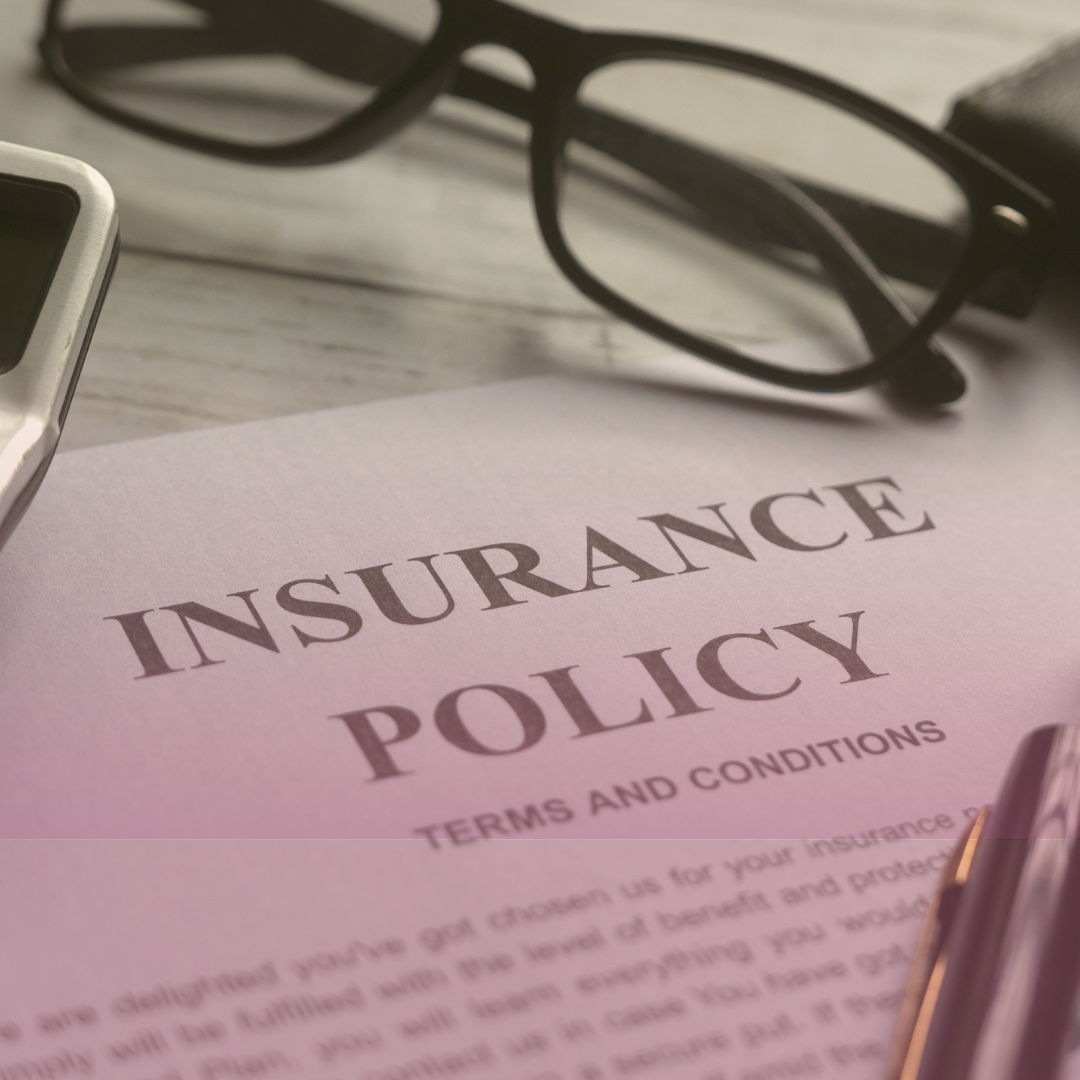
When a car accident occurs, there are numerous insurance implications to consider. In most cases, the liability of the parties involved is determined by the insurance provider. It is important to understand these implications when pursuing a legal claim related to a car accident.
The primary responsibility of the insurance company is to cover any costs associated with repairs or medical expenses resulting from the accident. If one of the parties is deemed liable, their insurance will be responsible for paying any damages as a result. Additionally, if one party lacks sufficient coverage for the damages caused in an accident, they may be required to pay out-of-pocket for any additional costs.
It is also important to understand that certain types of policies such as comprehensive or uninsured motorist coverage may provide additional protection in some instances. These types of policies can help protect an individual from financial loss in cases where they may not be found at fault but have still suffered consequences due to another party’s negligence or recklessness. It is essential to understand how these policies work and what kind of coverage may be available depending on the specific circumstances of a case.
Understanding liability and insurance implications after a car accident can be complex and overwhelming. Consulting with an experienced attorney can help ensure that all possible avenues are explored and that victims are able to receive fair compensation for their losses.
Proving Fault In Car Accident Cases
When it comes to establishing fault in a car accident case, the evidence presented is of utmost importance. In order to determine who is at fault for an accident, it is necessary to consider all available documentation and evidence. This includes witness statements, police reports, photographs, videos, and other relevant data.
While determining fault can be challenging in some cases, there are certain factors that may help establish liability. These include speed of the vehicles involved, weather conditions at the time of the accident, road conditions or traffic signals that may have contributed to the incident, and any distracted driving behavior by either party. It is also important to note whether either party had an expired driver’s license or was otherwise violating traffic laws at the time of the accident.
Taking all these factors into consideration helps identify who was responsible for the incident and whether they should be held liable for damages resulting from the accident. In addition to considering these factors when assessing fault in a car accident case, insurance implications should also be taken into account as this could affect potential outcomes for both parties involved.
Settlements In Car Accident Cases
When it comes to car accident cases, settlements are a common result. A settlement is an agreement between two or more parties that resolves a dispute without going to trial. This can be beneficial for both parties as there will be no need for prolonged litigation or the risk and expense of a trial.
The amount of a settlement can vary depending on the specific case details. In most cases, one party will pay money to another in exchange for them releasing any legal claims they have against them. This is usually done by signing an agreement that states all claims have been released and that any potential future claims are barred. The amount of the settlement will often depend on the seriousness of the injury or damage caused by the accident, as well as other factors such as whether insurance coverage is involved and who was at fault for the accident.
It is important to remember that settling a car accident case does not prevent either party from seeking legal action should any unforeseen circumstances arise in the future. Therefore, it is essential that both parties understand their rights and obligations when entering into a settlement agreement before signing it. In addition, both parties should also consult with experienced attorneys prior to reaching a final agreement regarding their car accident case.
Navigating The Legal System In Car Accident Cases
Navigating the legal system in car accident cases can be a daunting task. It is important, however, for those involved to be aware of their rights and to understand the process that will ensue. To achieve this, it is essential to have an understanding of the applicable laws and procedures.
When seeking a settlement in a car accident case, it is important to consider all relevant liability issues. This includes determining whether any party was negligent and whether there were any contributory factors involved. Depending on the circumstances, one or more parties may be liable for damages arising from the accident. For example, if a driver was under the influence of drugs or alcohol at the time of the crash, they may be held liable for resulting injuries or property damage.
Once liability has been established, it is important to work with an experienced attorney who can help assess damages and negotiate a suitable settlement. They should also provide guidance on navigating through court proceedings should a lawsuit become necessary. In this way, those affected by a car accident are able to get fair compensation for their losses and obtain justice for their suffering.
In conclusion, car accidents can be a traumatic experience for all parties involved. Aside from the physical injuries, car accidents can also result in financial damages, which can be overwhelming for most people. Therefore, having adequate insurance coverage is crucial to protect yourself and your finances in the event of a car accident.
It is important to understand the insurance implications in car accident cases, as different types of coverage can affect how the damages are paid out. It is also important to understand your rights and responsibilities as a policyholder, as well as the steps to take after a car accident to ensure a smoother claims process.
Ultimately, by being informed about insurance implications in car accident cases, you can make better decisions when it comes to choosing insurance coverage and protecting yourself financially.

Leave a Reply